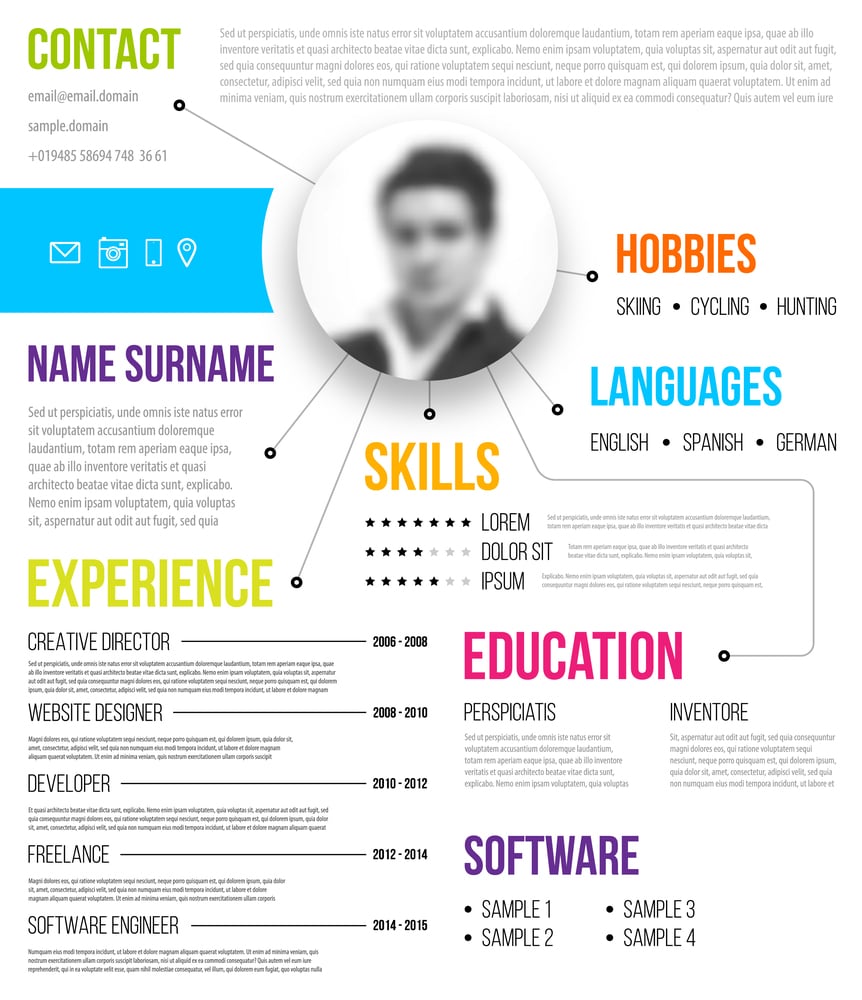How To Make Your LinkedIn Profile Killer
Posted on September 21, 2015

Come on, admit it: you spend dozens of hours each week on Facebook and Twitter posting, sharing, and updating your profile. But how much time do you spend on your LinkedIn profile? ibphoto; Bigstock Jobvite’s 2014 Social Recruiting Survey of 1,855 recruiters found that 93 percent are …
How to Impress, Not Distress a Hiring Manager
Posted on September 8, 2015

alphaspirit;Bigstock You’ve finally snagged a face-to-face job interview. As you’re waiting to be called into the hiring manager’s office, you look around and see all of the other candidates waiting for their job interview. Sure, you’re sporting a perfectly ironed shirt, but so are th …
How To Show Employers You Have What They Need
Posted on August 24, 2015

Ozerina Anna; BigStock With a degree in hand, you’re a freshly-educated job seeker ready to take on the world. You just have to get a job first — preferably in your major. You’ve had an internship or two and plenty of coursework that helped you build skills. Your challenge is communic …
How to Train Your Voice to Get the Job You Want
Posted on July 27, 2015

Not everyone’s a public speaking virtuoso, but that doesn’t mean it’s an area to be ignored. In fact, a 2014 study published in PLOS ONE shows how vocal fry — or squeaks and cracks in your speech — can be perceived negatively and hurt your chances of getting a job. The study found you …
3 Little Things That Make A Big Difference In Your Interview
Posted on July 13, 2015

BigStock; monkeybusinessimages You’re all set for your interview. You’ve read plenty of job interview tips. You know how to dress to impress, your resume and cover letter are flawless, and you’ve got your references ready. Perfect. But, there are few other things you should be aware o …
5 Things Your Interviewer Never Told You But Wanted To
Posted on June 29, 2015

alexraths; BigStock You’ve been sending out resumes like rapid fire and have probably done plenty of preparing for a job interview. You’ve gathered your references, list of accomplishments, and sorted out ways you’ll answer any crazy interview questions. But, there’s another thing to …
5 Out of the Box Interview Questions You Need To Ask
Posted on June 15, 2015

Your job interview is coming to an end, and you really nailed this one. You’ve built rapport with the interviewer, given strong answers to everything you were asked, and kept cool under pressure. But just when you think it’s in the bag, the interviewer looks at you and asks, “Do you h …
How To Decide If Going Back To School Is The Right Move
Posted on May 26, 2015

When you realize the career you chose as an undergrad isn’t really the right one for you, the thought of going back to school can be comforting. After all, wouldn’t getting a graduate degree help refocus your career? With the Bureau of Labor Statistics reporting a decline in hiring ra …
Here Are The Qualities You Need To Be A Great Networker
Posted on May 18, 2015

Have you been laying pavers of opportunity? Take a look at your social contacts and think hard about your professional ambitions because when you’re trying to advance in your career, it’s all about who you know. Michael Darcy Brown A new friend could get your resume in the door of a c …
6 Answers To Questions That Will Ruin Your Chances Of Being Hired
Posted on May 11, 2015

Interview tomorrow? You’ve got it covered. You’ll just wing it, answering questions like you’ve done before…except for one problem: “winging it” won’t work anymore. Flynt Today’s workforce is highly competitive. In fact, 85 percent of employers plan to receive more, or at least the sa …
